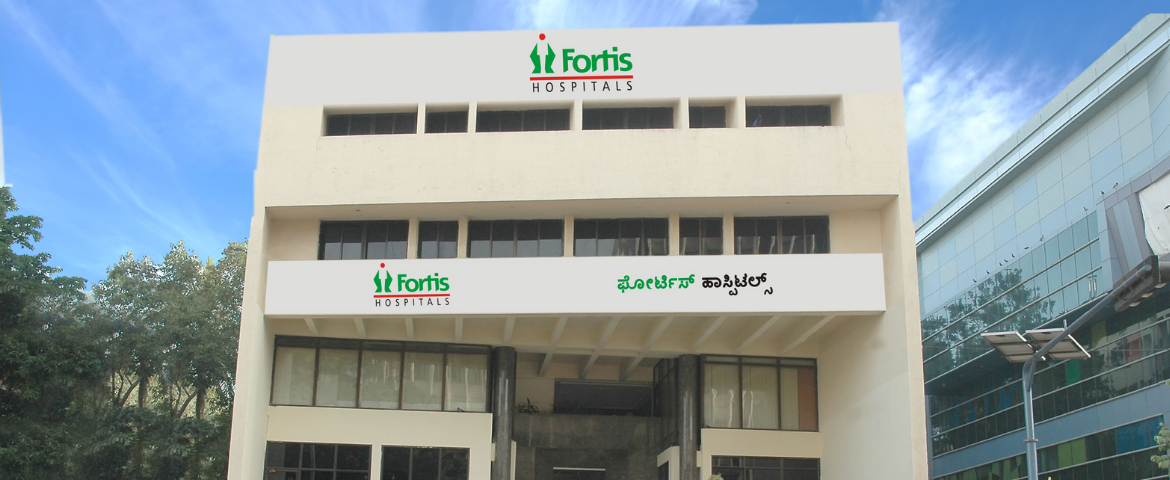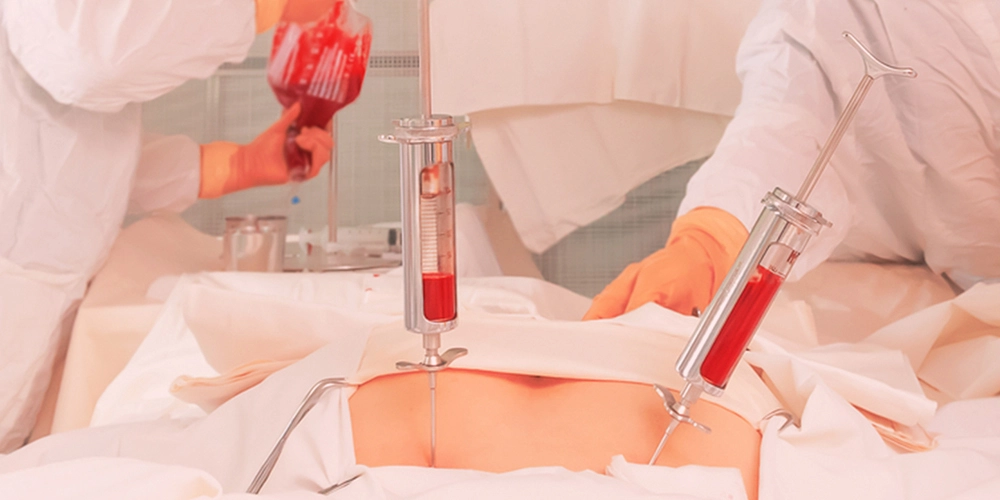Lymphoma treatment cost in India
The cost of Lymphoma Treatment in India ranges
from USD 6200 to USD 11000
Procedure Description:
Lymphoma Treatment
The best lymphoma treatment for you will depend on your preferences, general health, and the kind and stage of your illness. Eliminating as many cancer cells as possible and putting the illness into remission are the objectives of treatment.
Treatments for lymphoma include:
1. Vigilant observation. Certain types of lymphoma grow extremely slowly. When lymphoma symptoms and signs interfere with your everyday activities, you and your doctor may decide to postpone treatment. You might have testing on a regular basis up until then to keep an eye on your health.
2. The use of chemotherapy. Chemotherapy uses medications to kill rapidly proliferating cells, like cancer cells. The medications are typically injected into a vein, although depending on the particular medication you receive.
3. Radiation treatment. With radiation therapy, cancer cells are destroyed by powerful energy beams like protons and X-rays.
4- Transplanting bone marrow. High doses of radiation and chemotherapy are used during a bone marrow transplant, sometimes referred to as a stem cell transplant, to inhibit the bone marrow. After that, either your own or a donor's healthy bone marrow stem cells are infused into your blood, where they travel to your bones to repair your bone marrow.
5. Alternative medical interventions. Additional medications for the treatment of lymphoma include tailored medications, which target particular abnormalities in your cancer cells.
6- Immunotherapy medications work by attacking cancer cells using your immune system. Chimeric antigen receptor (CAR)-T cell therapy is a specialist treatment that modifies your body's immune-fighting T cells to become more resistant to infection.
Disease Overview:
Lymphoma:
A malignancy of the lymphatic system, which is a component of the body's defense against germs, is called lymphoma.
The spleen, thymus gland, bone marrow, and lymph nodes—lymph glands—are components of the lymphatic system. All aforementioned regions, along with other organs throughout the body, are susceptible to lymphoma.
There are various kinds of lymphoma. Primary subtypes include:
1. Formerly known as Hodgkin's disease, Hodgkin's lymphoma
2- Lymphoma non-Hodgkin's
Your lymphoma kind and severity will determine which treatment is best for you. Treatment options for lymphoma may include radiation therapy, immunotherapy drugs, chemotherapy, bone marrow transplantation, or any combination of these.
Disease Sign and Symptoms:
Lymphoma signs and indicators could include:
1. No painless enlargement of the lymph nodes in your groin, armpits, or neck
2. Extended periods of exhaustion
3. The fever
4. Sweats at night
5. Breathlessness
6. inexplicable weight loss
7. Skin irritation
Disease Causes:
Physicians do not know the exact cause of lymphoma. However, it starts when a genetic mutation occurs in a lymphocyte, a type of white blood cell that fights disease. The mutation causes the cell to proliferate quickly, which results in a large number of sick lymphocytes that keep proliferating.
Additionally, the mutation keeps the cells alive when other normal cells would have perished. As a result, your lymph nodes, spleen, and liver expand and your lymph nodes contain an excessive number of sick and inefficient cells.
Risk Factors:
1. Your age. While those over 55 are most frequently diagnosed with certain forms of lymphoma, others are more common in young adults.
2. Being a man. Compared to females, men are somewhat more likely to get lymphoma.
3. Having compromised immunity. Individuals with immune system disorders or those who use medications that impair immunity are more likely to develop lymphoma.
4. Acquiring specific infections. Certain infections, such as Helicobacter pylori and Epstein-Barr virus, are linked to an elevated risk of lymphoma.
Disease Diagnosis:
The following tests and techniques are used to diagnose lymphoma:
1. Physical examination. Your doctor looks for enlarged lymph nodes, such as those in your neck, groin, and underarms, as well as enlarged liver or spleen.
2. Extraction of a lymph node for examination. To remove all or a portion of a lymph node for laboratory testing, your doctor might advise a lymph node biopsy procedure. More sophisticated testing can identify the types of cells implicated and whether lymphoma cells are present.
3- Blood testing. Your doctor may be able to determine your diagnosis with the help of blood tests that count the cells in a sample of your blood.
4. Extracting a bone marrow sample for examination. A needle is inserted into your hipbone during a bone marrow aspiration and biopsy operation to extract a sample of bone marrow. Analysis of the sample is done to check for lymphoma cells.
5- Imaging testing. To check for indications of lymphoma in other parts of your body, your physician could advise imaging studies. Positron emission tomography (PET), CT, and MRI are a few possible test types.
Disease Treatment:
The best lymphoma treatment for you will depend on your preferences, general health, and the kind and stage of your illness. Eliminating as many cancer cells as possible and putting the illness into remission are the objectives of treatment.
Treatments for lymphoma include:
1. Vigilant observation. Certain types of lymphoma grow extremely slowly. When lymphoma symptoms and signs interfere with your everyday activities, you and your doctor may decide to postpone treatment. You might have testing on a regular basis up until then to keep an eye on your health.
2. The use of chemotherapy. Chemotherapy uses medications to kill rapidly proliferating cells, like cancer cells. The medications are typically injected into a vein, although depending on the particular medication you receive.
3. Radiation treatment. With radiation therapy, cancer cells are destroyed by powerful energy beams like protons and X-rays.
4- Transplanting bone marrow. High doses of radiation and chemotherapy are used during a bone marrow transplant, sometimes referred to as a stem cell transplant, to inhibit the bone marrow. After that, either your own or a donor's healthy bone marrow stem cells are infused into your blood, where they travel to your bones to repair your bone marrow.
5. Alternative medical interventions. Additional medications for the treatment of lymphoma include tailored medications, which target particular abnormalities in your cancer cells.
6- Immunotherapy medications work by attacking cancer cells using your immune system. Chimeric antigen receptor (CAR)-T cell therapy is a specialist treatment that modifies your body's immune-fighting T cells to become more resistant to infection.
Country wise cost comparison for Lymphoma treatment:
| Country | Cost |
|---|---|
| India | $6660 |
Treatment and Cost
12
Total Days
In Country
- 2 Day in Hospital
- 2 No. Travelers
- 10 Days Outside Hospital
Treatment cost starts from




